BY RAUF OYEWOLE
In as much as we all believe that, “he who pays the piper dictates the tune”, there is little or no nothing to expect from most Nigerian media that rely solely on freelancers to get news content. I have reasons. Both communication scholars and professionals believe that viable and independent media is pivotal to the development of any nation. In fact, it is an indicator of a democratic society.
That is why I will agree with the saying that “journalism is the protection between people and any sort of totalitarian rule…”. The media is known to be the ‘watchdog’ but I just hope it is not becoming a ‘washed-dog’. Back to my point, in my little independent research, I have interacted with more than 30 Nigerian journalists in different states who shared their employment status and that of some of their colleagues. I learnt that 90 percent of out-station reporters in Nigeria are freelancing.
Sadly, media organisations are not paying or can not afford to pay their employees. They are faced with economic pressure and dwindling resources and most importantly, a new media revolution. This revolution took away monopoly from the mainstream media and social media now leads on the cards. It, however, lost its gatekeeping roles and now everybody watches the gate. The media can no longer pay the piper and politicians exploit its weakness.
Advertisement
Believe me, many freelancers remain committed to the profession because they get their oxygen from perhaps government officials or corporate organisations. I’m yet to see anyone who has done a journalist a favour without looking for a favour. The situation is so sad that he’s not being cared for. He is being exposed to all sorts of unprofessionalism and unethical practices.
I had an opportunity to interview the incumbent president of the Nigeria Union of Journalists, Chris Isiguzo, mid last year. The interview was published by The Guardian Newspaper. In that interaction, Chris was unhappy about how many journalists have been subjected to slave labour. He lamented how many media outfits find it hard to pay about 15 months to two years salaries. He is aware that most of his members were given only identity cards as forms of employment without payment.
He compared the salaries of foreign journalists to those who work in oil companies in Nigeria. He said that many journalists who were on the frontline at the hit of the pandemic (COVID-19), lost their jobs and their relatives with no one to assuage their suffering. In that interview, it is evidence that “journalism in Nigeria is akin to making water from white stone,” as Isiguzo put it.
Advertisement
Now, Isiguzo’s comparison captures the reality of being a journalist in Nigeria –like making water from a white stone. The impossibility of this is glaring to the blind. This is why the Nigerian audience should not expect objectivity from the media.
There are thousands of wrongdoings “exposable” at the fingertips of many journalists but sadly doing this is like cutting their arteries. Who does that?
Apart from these, how do you expect broadcast media to put sophisticated gadgets in the custody of someone who was ‘engaged’ in a shoddy way? Remember, he’s not being paid. What production quality is expected from him? I have seen television reporters with reputable media outlets capturing events with their telephones and their microphones that never communicate with the phone in their hands. They rub shoulders with the social media guys engaged by politicians –and well paid. Many of these boys mock, intimidate and attack him.
It is no longer profitable and fulfilling to be a freelance journalist in Nigeria. He is faced with an inclement working environment and all sorts of attacks from the society he is serving. The so-called employers want him to be everywhere without taking responsibility. They want every report ready even before the events end.
Advertisement
The fight against corruption is ineffective because the thieves have taken over the pen from the media. It is sad that some media entrepreneurs wine and dine with politicians to protect and achieve their interests. Or maybe it is the reason some stories never passed the gate of some editors.
Apart from the very few media houses that are still struggling to be in the business by encouraging objectivity, we may soon have some media houses painting their transmitters and nameplates the logo of political parties.
Oyewole is a journalist in Nigeria
Advertisement
Views expressed by contributors are strictly personal and not of TheCable.
1 comments

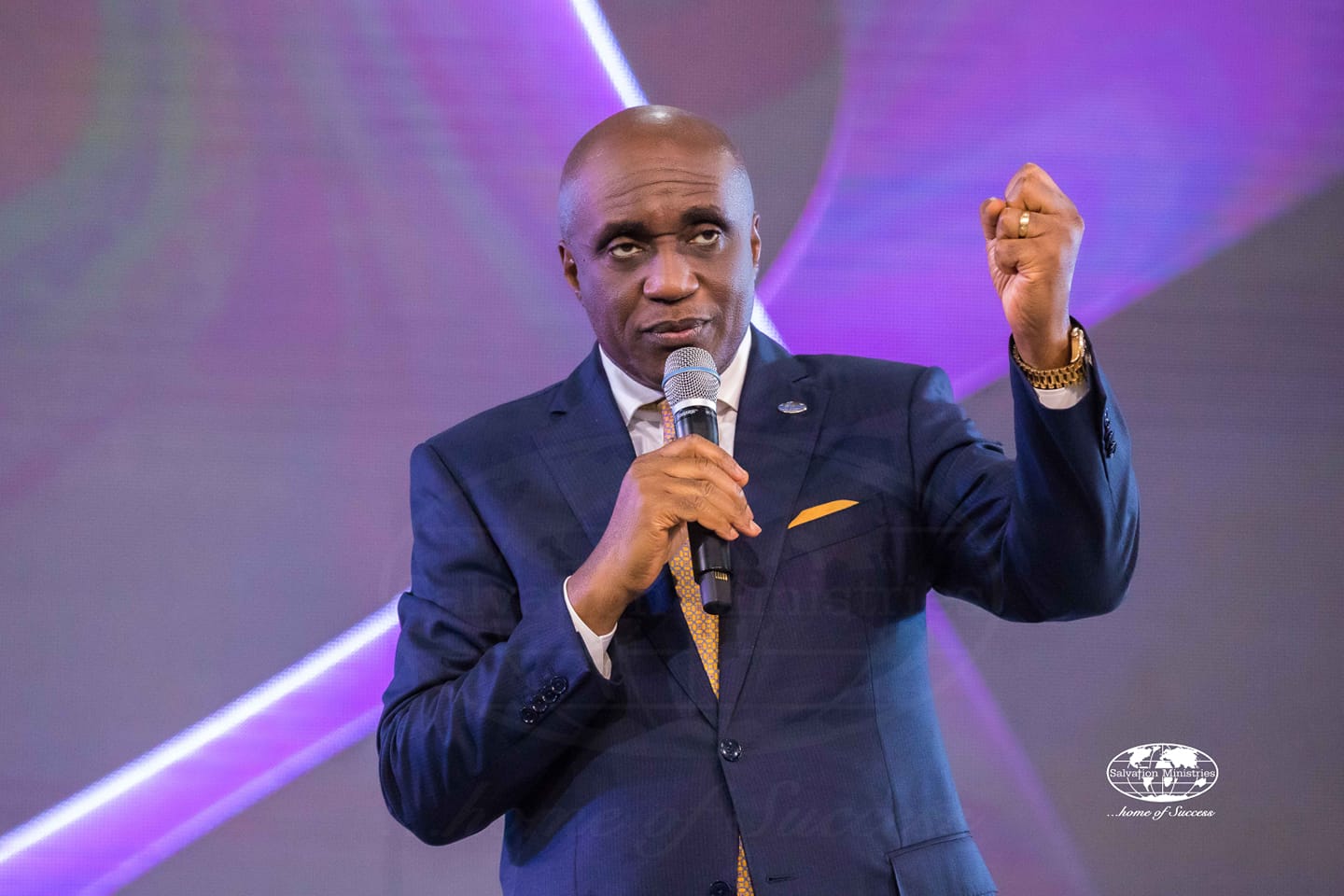
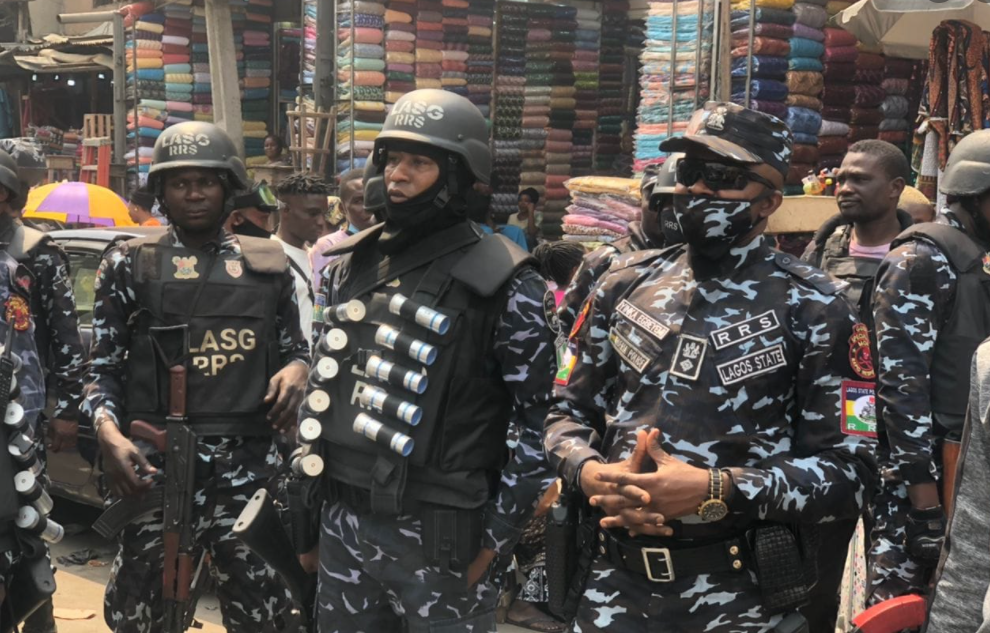
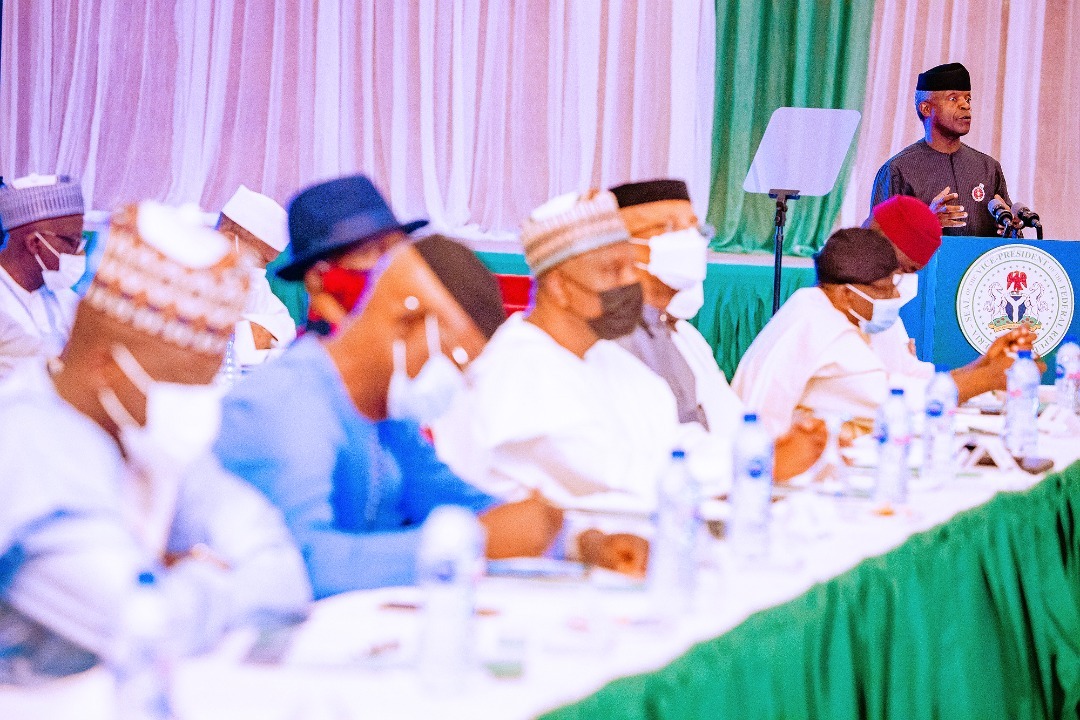
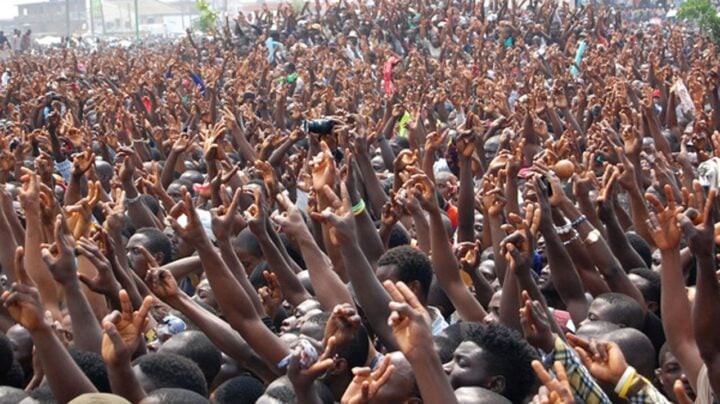
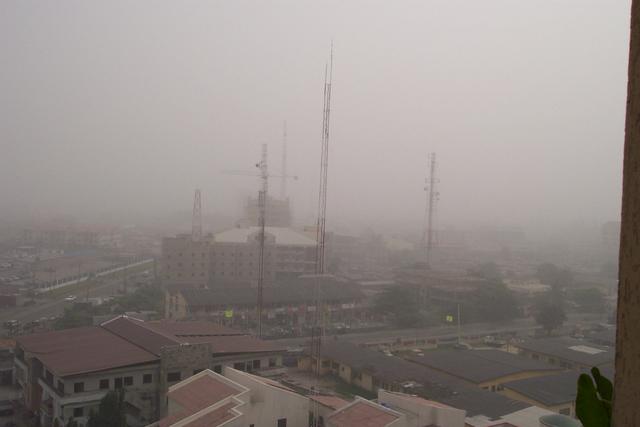
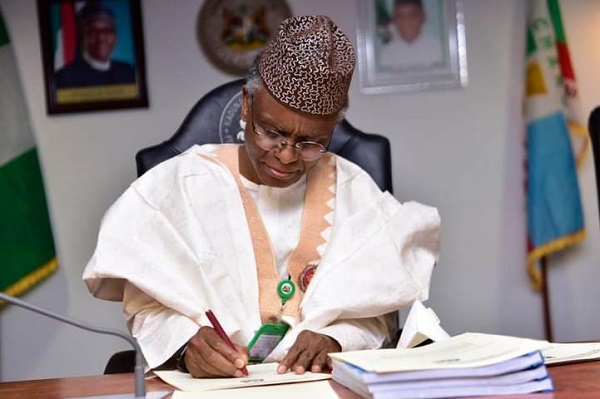
Can the freelancers work remotely with a different country? They would be able to earn more. There are platforms where they can find a client and work without such pressure. For example, Insolvo, I am working with them now. It’s a good way to avoid stress and still get good money